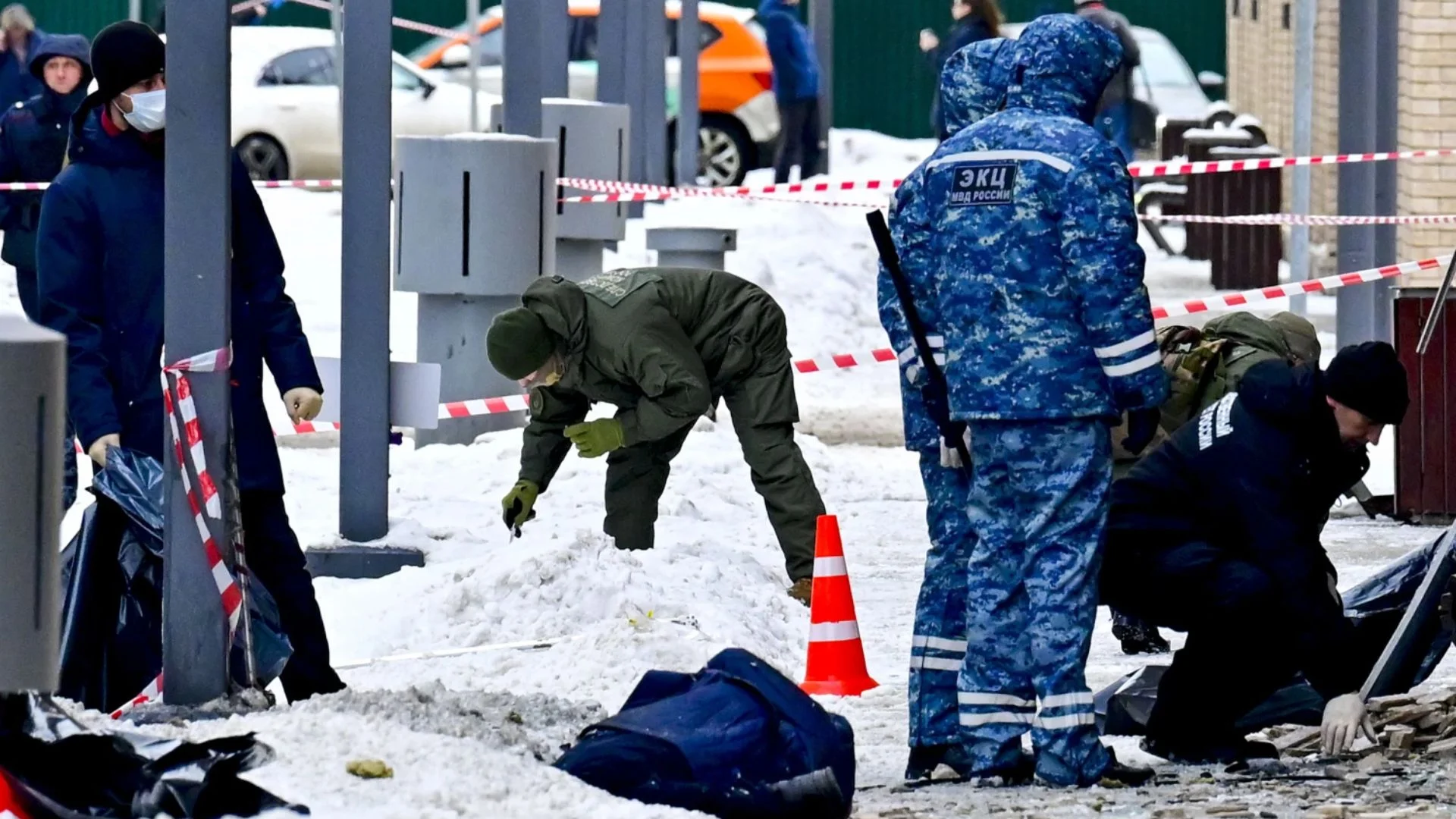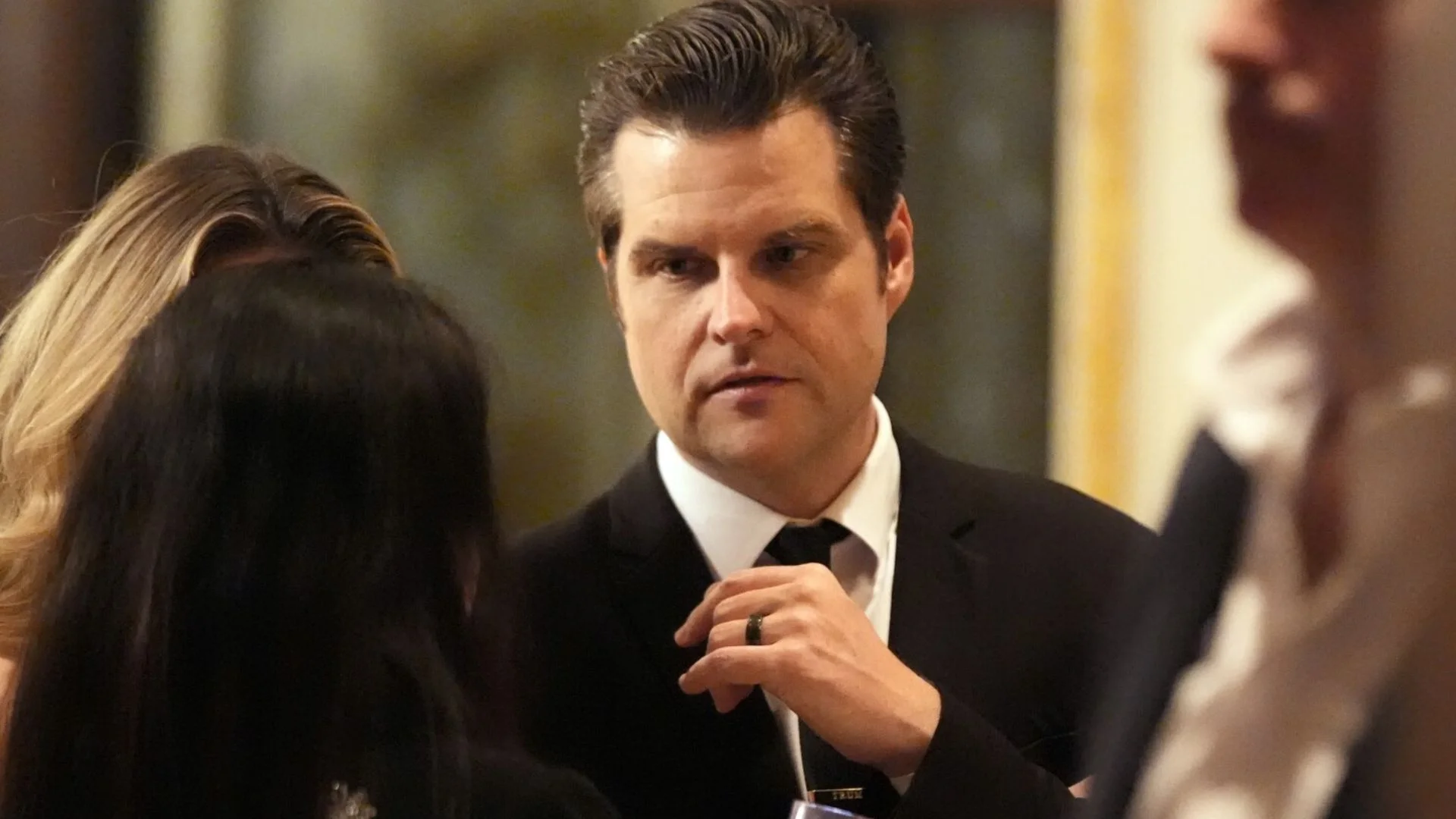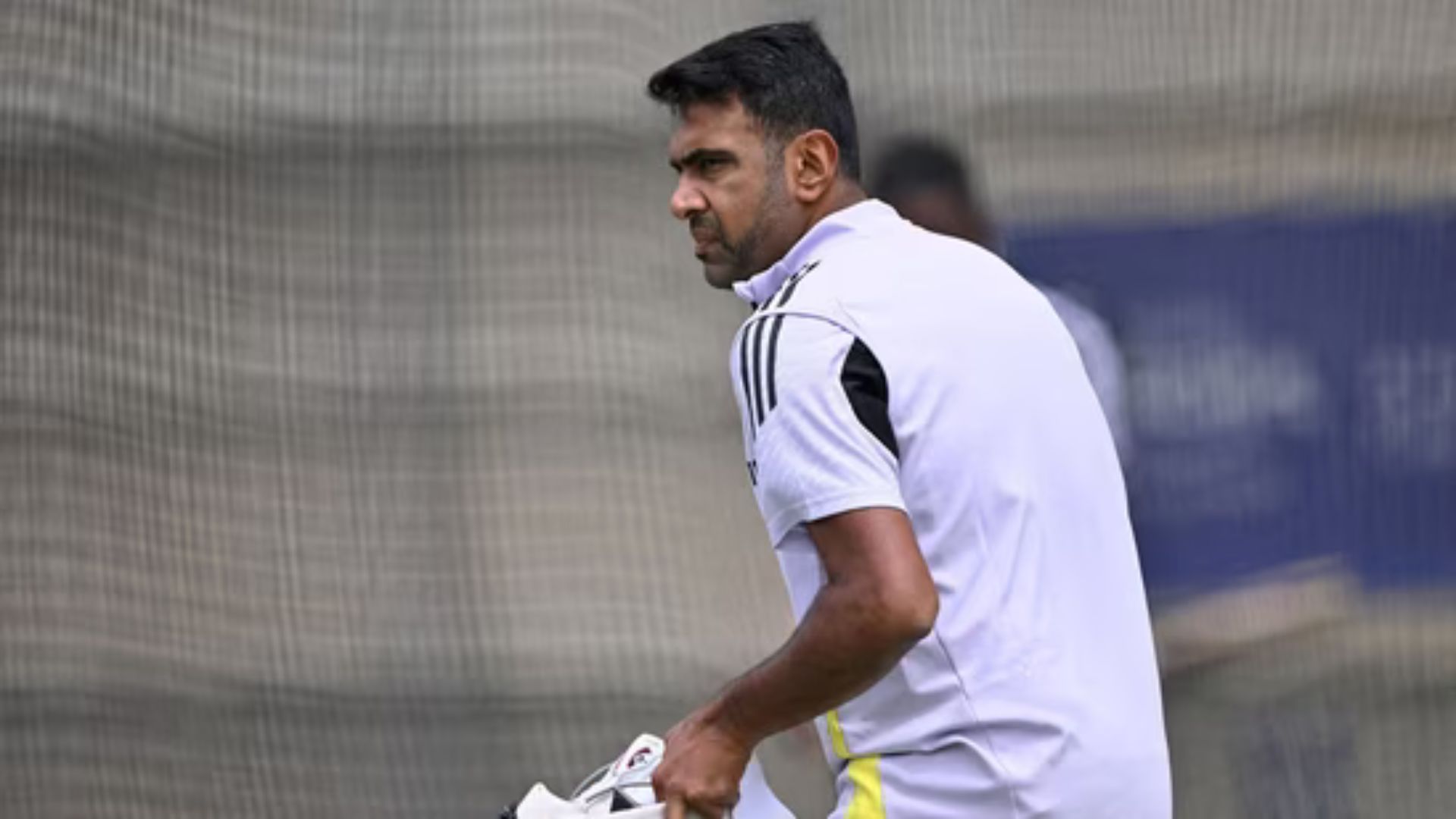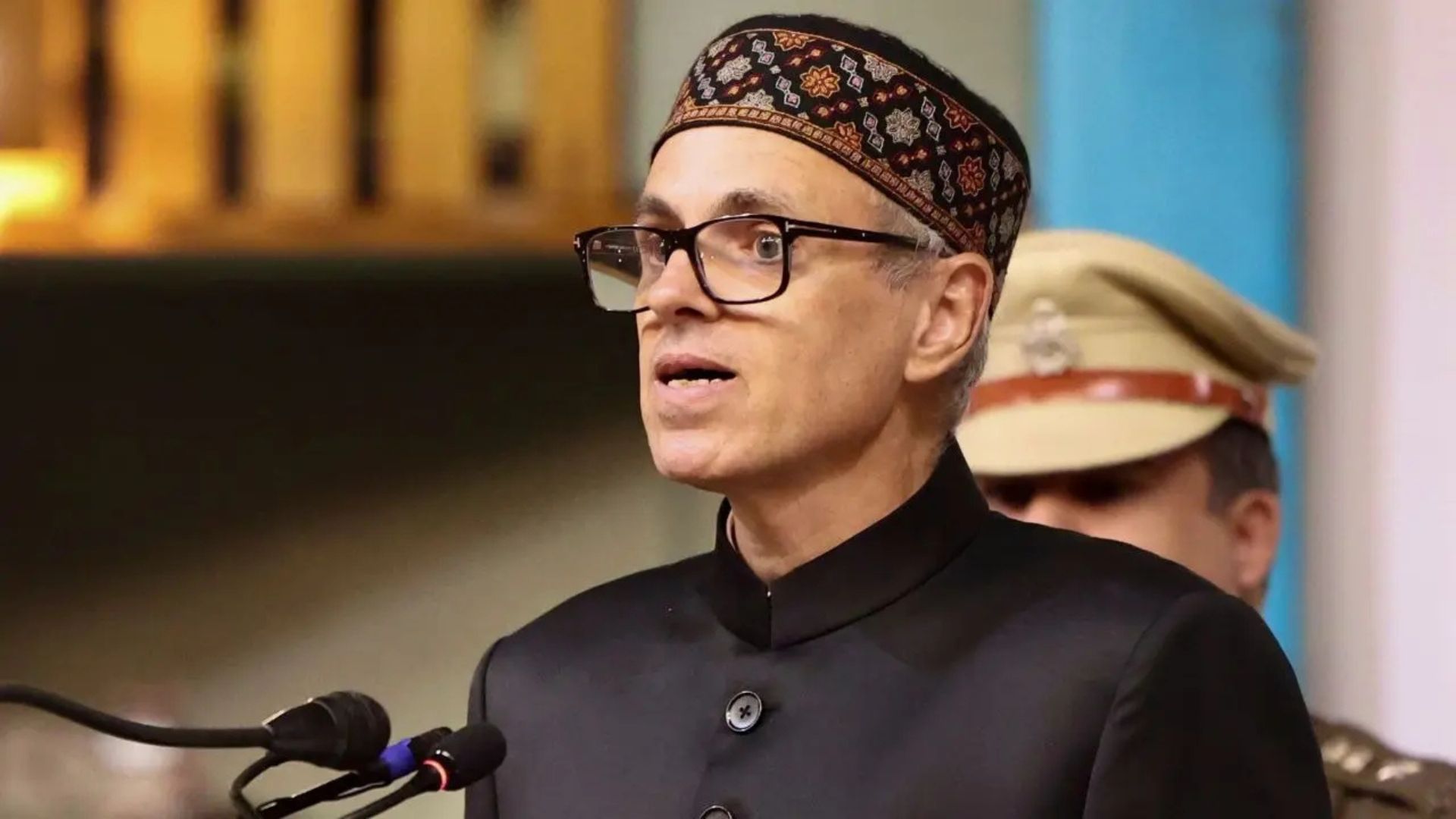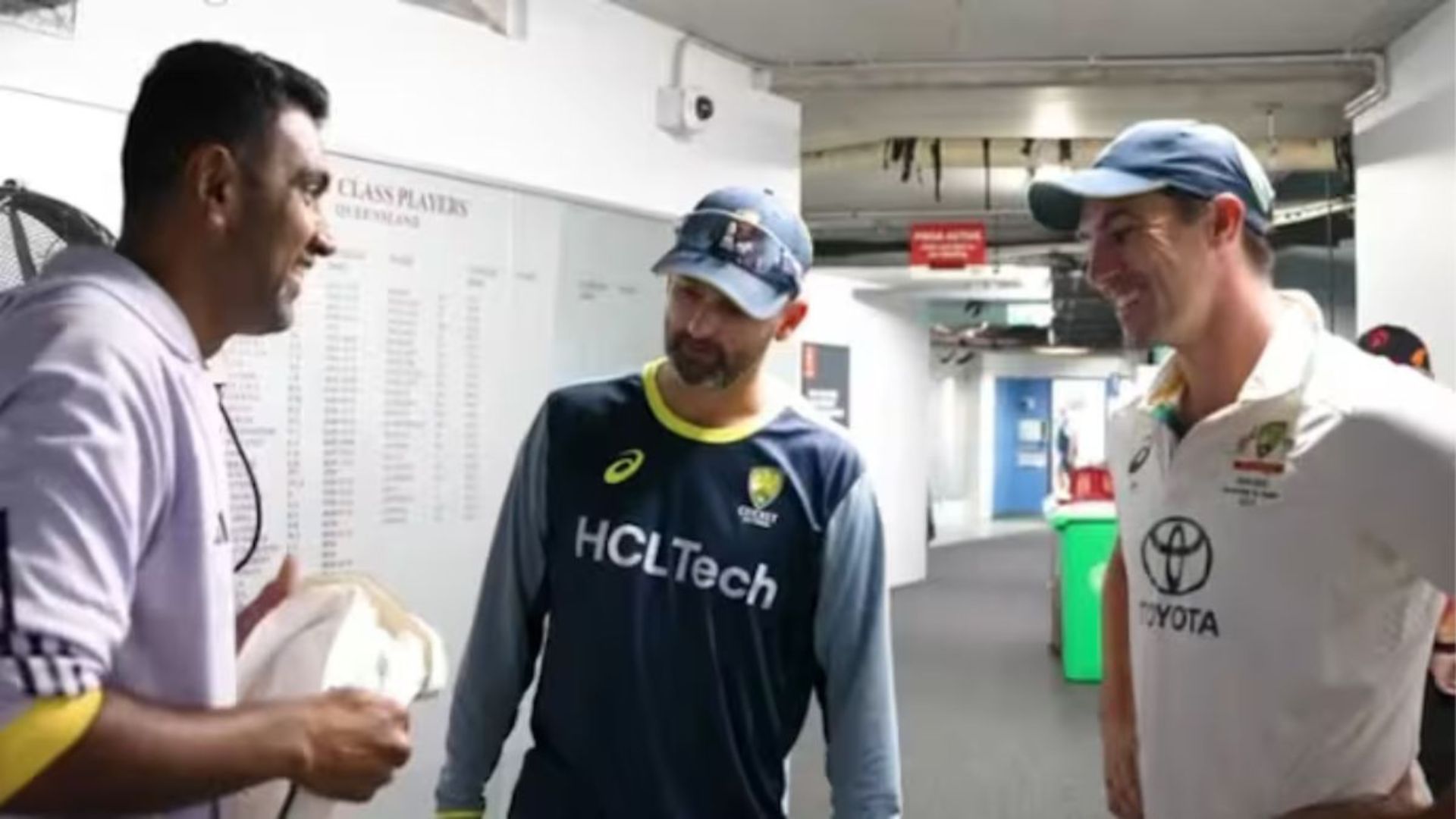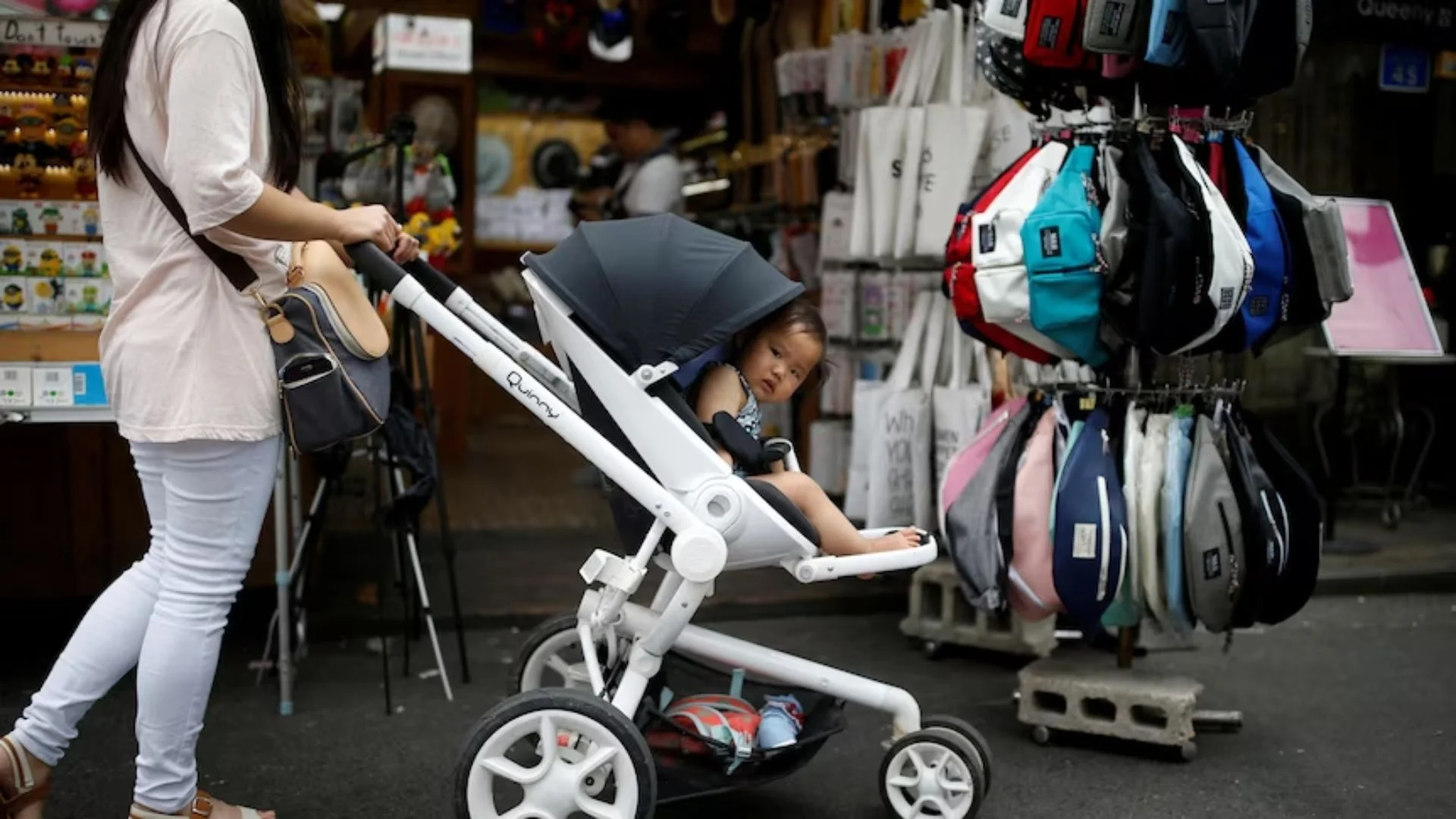
A recent report by South Korea’s Truth and Reconciliation Commission has uncovered evidence that babies in government-funded care facilities during the 1980s were forcibly sent to adoption agencies, often immediately after birth. The investigation revealed that in some cases, mothers were pressured or coerced into relinquishing their parental rights, with 20 children from care facilities in Daegu and Sejong transferred to adoption agencies in 1985 and 1986. Most were adopted overseas to countries such as the US, Australia, Norway, and Denmark.
More than 200,000 South Korean children have been adopted internationally since the 1950s, and many adoptees have spent years trying to trace their origins. For decades, they’ve claimed that their adoptions were riddled with corruption, including falsified paperwork and forced separation from their biological families. The commission’s findings provide validation for many adoptees, confirming the systemic nature of coercive practices.
Adoptees have expressed mixed emotions over the report. While the findings confirm long-suspected malpractices, many adoptees are hopeful that the investigation will shed light on previously hidden truths. Some, like Swedish adoptee Susanné Seong-eun Bergsten, describe their adoption experiences as complex, challenging the common narrative that adoption was an escape from poverty. Adoptees are calling on the South Korean government to take further accountability, provide reparations, and continue investigating falsified documents.
The commission’s investigation is ongoing, with an interim report expected later this year, as it continues to examine cases of falsified paperwork related to South Korea’s historical international adoption practices.
